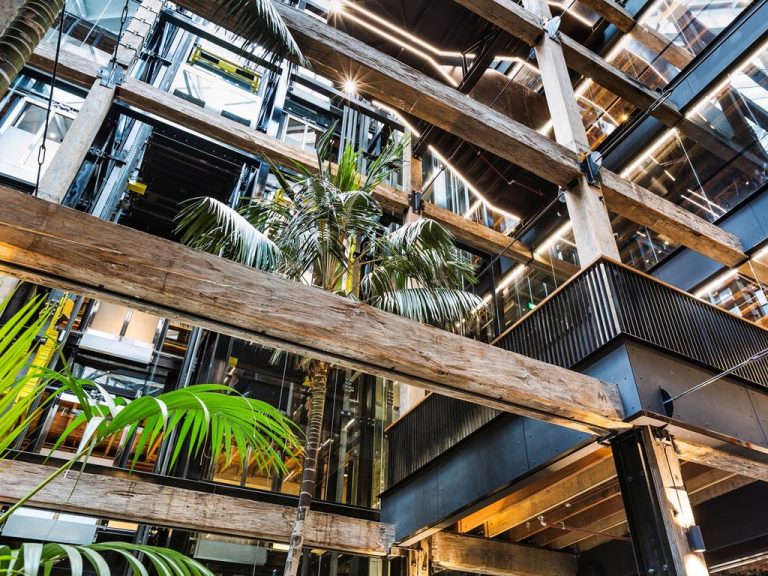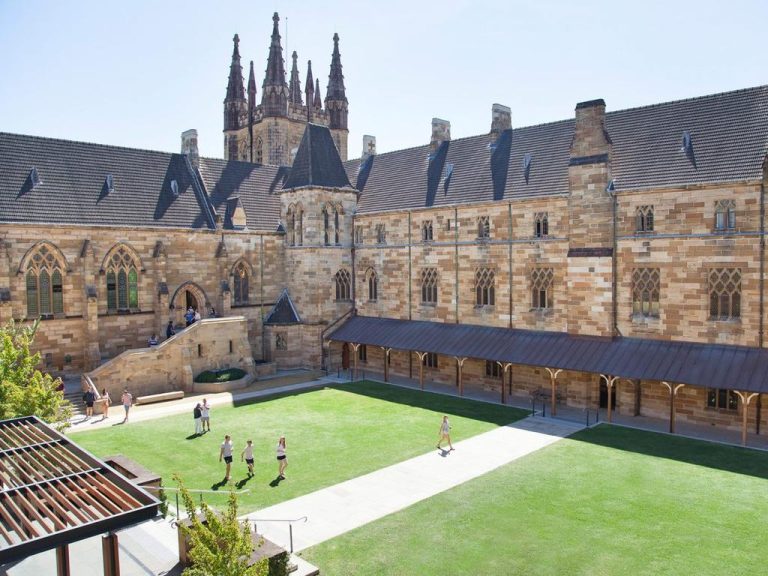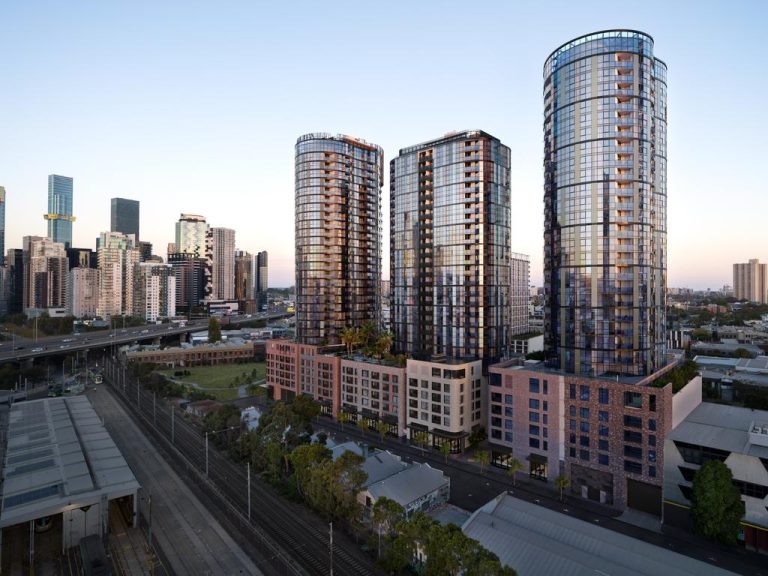Adapt or die: Precision Group’s Shaun Bonett warns retailers of shift in shopping habits

Precision Group chief Shaun Bonett says customers are spending more but staying in stores less in the wake of the pandemic.
Billionaire shopping centre owner Shaun Bonett says there is good news for retailers: customers are spending more when they visit stores.
But he warns the spending is coming only if they have been enticed to a bricks and mortar outlet with a slick and informative online experience beforehand, and customers are spending far less time in store than before Covid hit.
Bonett is adamant retailers will die unless they adapt to the new shopping habits. “If you think the consumer is just going to stay in your store for half an hour or an hour and just enjoy the experience you are living in the past,” he said.
“Consumer behaviour has become much more deliberate. When they go out it’s not to dwell; it’s to shop. They want to have pleasant experiences too, so the opportunity to capture consumer sales has become harder.”
Bonett has just returned to Australia after a month-long tour of the US and UK, observing the latest trends in property and retail. He said he was surprised to find it difficult to make contactless payments in the US, which is still littered with empty storefronts in high-profile locations such as New York’s 5th Avenue, but noted the UK appeared to have dealt better with the impacts of the pandemic.
“The majority of retailers have fully embraced digitisation in all their processes, from electronic doors, digital ordering in store, large digital screens outside and in store focused on infomedia that communicates their brand and products, to contactless payment systems, click and collect and home delivery,” he said. “Many retail stores have no human interaction at all.”
Bonett believes all these measures are helping customers cut down on the time they need to spend in stores, which is complemented by the sheer amount of research they are doing before they head out. Get all of this right, and retailers can survive and thrive, he says.
“Staying in is the new going out,” he said. “Avoiding crowds and keeping a distance is key. More than 80 per cent of purchases are pre-researched online. This has been seen in the physical stores where shoppers are visiting less frequently, but average basket size has increased as shoppers know what they want and have planned their retail visits.
“They also want a personal and human experience from the minute they connect with a retailer to purchasing the desired products. You can see this in the rise of personalised products, like exact shades of lipstick and monogrammed handbags right through to named Nutella.”
Bonett gives the example of a visit to a Dyson store in the UK, which he describes as like “visiting a spaceship” with plasma screens giving detailed information in short videos that tells the customer exactly why the product is of high quality.
“Retailers have understood that in order to draw people into their stores they need to communicating the story and the product,” he said.
“What they’re saying is, here is the curling iron or hair dryer and how quickly can they get you out of the store. There is this acceptance that once decisions have been made, you need to basically transact with the customer as quickly as possible. Keeping them in the stores is just going to be annoying to them.”
Bonett’s $1bn fortune is mostly linked to the shopping centres his Precision Group owns around Australia and New Zealand, ranging from the Port Adelaide Plaza and Pran Central in Melbourne to Shore City in Auckland.
He said trade had been down about 12 per cent in Precision centres compared to before Covid, and the company was installing things such as contactless payment options in carparks to get customers in and out of the centres quickly. He also said he had noticed people leave the centres earlier.
“By 4 or 4.30 the centres are noticeably quieter,” he said. “People are going to be spending more time in their homes, this is not going to flick back like an elastic band.”







